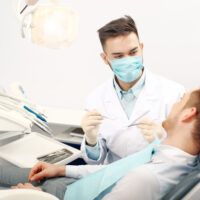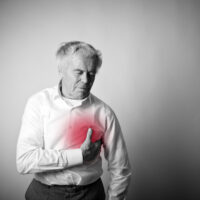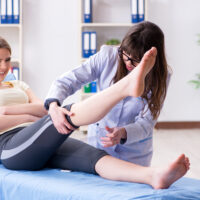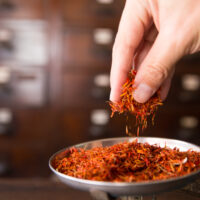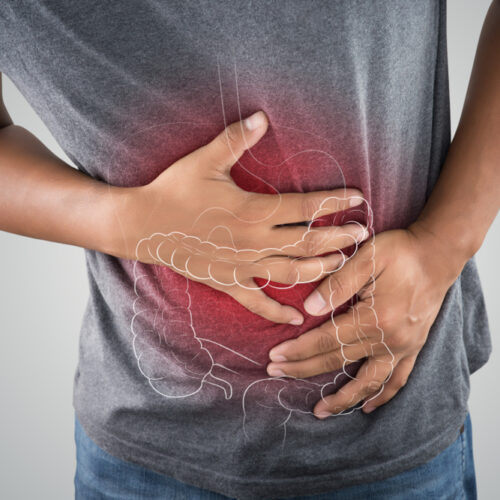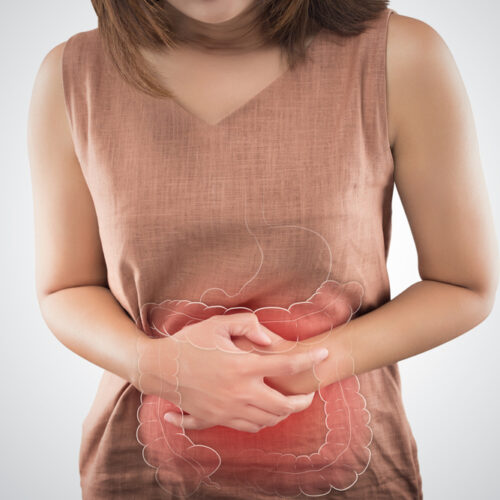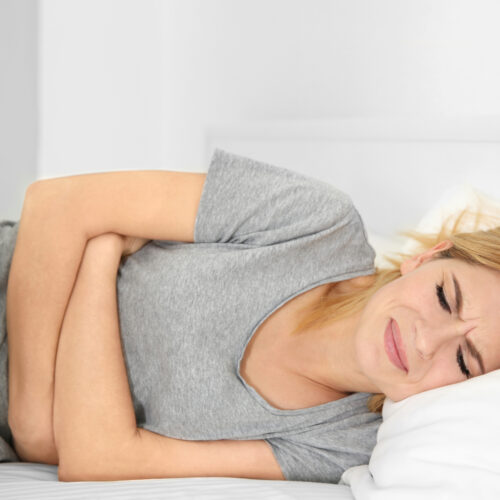Yeast infections occurrences
Skin that remains wet always is vulnerable to yeast infections. When the body cannot fight the infection quickly, and its immunity wears off, that is when a yeast infection flares up. Those patients who are diabetic and immunocompromised succumb to them often. Doctors then prescribe strong medication with cream.
Occurrences and remedies
Listed below are the various ways and body parts around which yeast infections can occur.

- It also develops in the folds of the skin. Miconazole cream helps cure the infection that spreads to a large area needs prescription medication.
- It is like any other fungal infection; it can be found on the feet, which are sweaty. Yeast infection remedies for such cases is to keep your feet clean and free of moisture which will prevent the yeast from growing in your toes. You can use over the counter cream.
- Throat yeast infection is common in babies who are bottle feeding. If they have not learned to swallow the milk, the remains on the tongues could cause infection. Doctors prescribe oral medicine till it gets cleared up.
- During breastfeeding, women are also prone to yeast infections. A baby’s mouth changes the pH balance and adds moisture that allows the yeast to grow. The infection spreads under the breasts and causes you to sweat extra. Keep the area clean, avoid sweaty sports bra after a workout. An antifungal cream will clear this up.
- Yeast infection of the throat affects immunocompromised patients, whether undergoing chemotherapy or they have an autoimmune disease.
- Vaginal yeast infection is transferred when fecal matter tends to get moved by hands due to improper cleaning or hygiene. Use creams like Monistat and follow up a treatment for three to seven days to kill the yeast.
- Women are more prone to a yeast infection during/after taking broad spectrum antibiotics. These drugs inhibit normal bacteria growth, which favors the growth of pathogens like Candida. A dose of fluconazole at the start and end of antibiotic therapy prevents yeast infection.
- Yeast infection is not a sexually transmitted disease since people who don’t indulge in the activity suffer from it.
Disclaimer:
The content of the articles discussing symptoms, treatments, health conditions, and side effects is solely intended for informational purposes. It is imperative that readers do not interpret the information provided on the website as professional advice. Readers are requested to use their discretion and refrain from treating the suggestions or opinions provided by the writers and editors as medical advice. It is important to seek the help of licensed and expert healthcare professionals when necessary.
